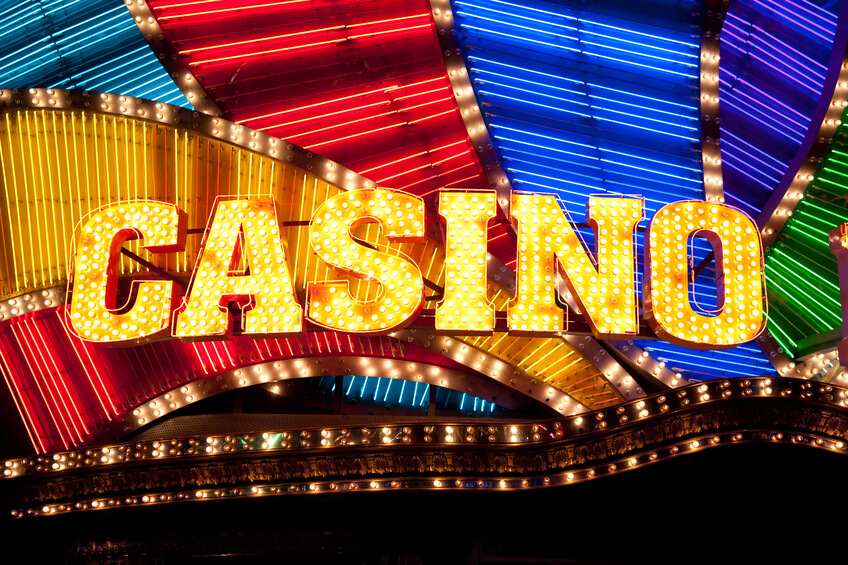
Betting has been an integral part of human recreation for thousands of years, developing through societies and eras to become the dynamic casino activities we know today. From the historical Chinese and Romans, who engaged in multiple forms of gambling and luck, to the sophisticated gaming floors of today’s casinos, the attraction of risk and winning has captivated individuals across the globe. The transition from simple dice games and rudimentary betting setups to the lavish settings of contemporary casinos reflects significant strides in both social norms and technological advancements.
As cultures evolved, so too did the complexity of gambling activities, with gambling activities emerging as a distinct category of leisure and thrills. These activities have transformed from informal gatherings centered around traditional tables to expansive, opulent establishments designed to attract players. Today, we explore this fascinating journey, studying how traditional practices laid the foundation for the varied and thrilling casino games that bring pleasure to millions worldwide.
spintax
Ancient Wagering Traditions
Gambling has profound roots in human history, with indications of activities of chance dating back to ancient civilizations. Archaeologists have discovered that as far back as 3000 BC, the ancient Chinese were using basic forms of gambling with dice made from ivory. Similarly, ancient Mesopotamians engaged in wagering activities, often relying on the tossing of lots or dice to determine outcomes. These early forms of betting served not only as amusement but also played important roles in social and cultural practices.
The Egyptians also were involved in betting activities, with games that included betting on the outcomes of various events, including sports and spiritual festivals. Artifacts such as dice and depictions of gamblers from ancient tombs demonstrate that betting was a frequent pastime. It provided both leisure and a means of engaging in social connections, often linked to joyful occasions or important gatherings. This activity revealed the universal appeal of chance and competition throughout the ages.
In ancient Rome, wagering became a widespread practice among the populace, as shown in references in literature and the establishment of rules around certain activities. Romans enjoyed a variety of gambling activities, from wagering on horse races to playing games similar to modern-day board games. The legal system surrounding these activities began to take shape, establishing the foundations for betting regulations that would evolve in the centuries to come. The popularity of betting during this period set the stage for the development of casino games in the future.
The Progression of Casino Games
Casino games have undergone significant transformations from their beginnings to the modern-day entertainment offerings. In early civilizations, gaming was frequently associated to ceremonial practices, with games of dice found in the ancient Mesopotamian region and betting on the outcomes of events in ancient Rome. These primitive forms of gambling laid the foundation for the formal games we see today. The change from informal gambling to organized games happened as societies began creating rules and venues for wagering, reflecting cultural values and practices.
The Middle Ages saw the rise of card games, which gained popularity among the nobility of Europe nobility. Games like first and baccarat became mainstays in social gatherings. The creation of printing technology also enabled the spread of playing cards, making them more available to the general public. As gambling houses began to increase, these card games developed into different forms that appealed to wider audiences, eventually leading to the establishment of casinos as dedicated venues for gaming.
The twentieth century marked a significant point in the development of casino games, with the rise of commercial casinos in Las Vegas and other gaming hubs. This era saw the introduction of games like slot machines and modern adaptations of table games, complete with high-quality graphics and detailed betting structures. The advent of online casinos in the late 1990s also revolutionized the gaming industry, allowing players to access a wide range of casino games from the safety of their homes. Today, gambling games go on to develop, blending traditional elements with state-of-the-art technology to create engaging experiences for players globally.
Modern Gaming Laws
In these years, the environment of gambling regulations has changed significantly, particularly as technology and internet-based gambling have become ever prevalent. Governments around the globe have implemented multiple laws and guidelines to ensure that gaming activities are performed justly, responsibly, and transparently. These laws often cover elements such as licensing, advertising, gambler safeguards, and sensible gaming measures. Authorities aim to mitigate problems such as problem gambling and cheating while promoting a just gaming environment.
The growth of online casinos has created a need for a different approach to oversight. Many legal areas have established specific online gaming structures that serve online gaming, enabling operators to offer their offerings legally. These frameworks often demand operators to obtain licenses, adhere to strict safety protocols, and offer customer support options to help players. By vigilantly observing internet activities, authorities can more effectively protect players from risks and ensure that gambling is carried out in a safe manner. ONE88
Additionally, modern gambling regulations are increasingly centering around responsible gambling initiatives. Many gaming establishments and internet-based sites now adopt features such as player exclusion, deposit limits, and time-outs to help players control their gambling habits. Awareness campaigns aimed at raising awareness about the risks of gaming are also frequent. As the industry continues to expand, the emphasis on responsible gambling continues to be a cornerstone of governing efforts, showing a commitment to promoting a safe and pleasant gaming experience for all players.